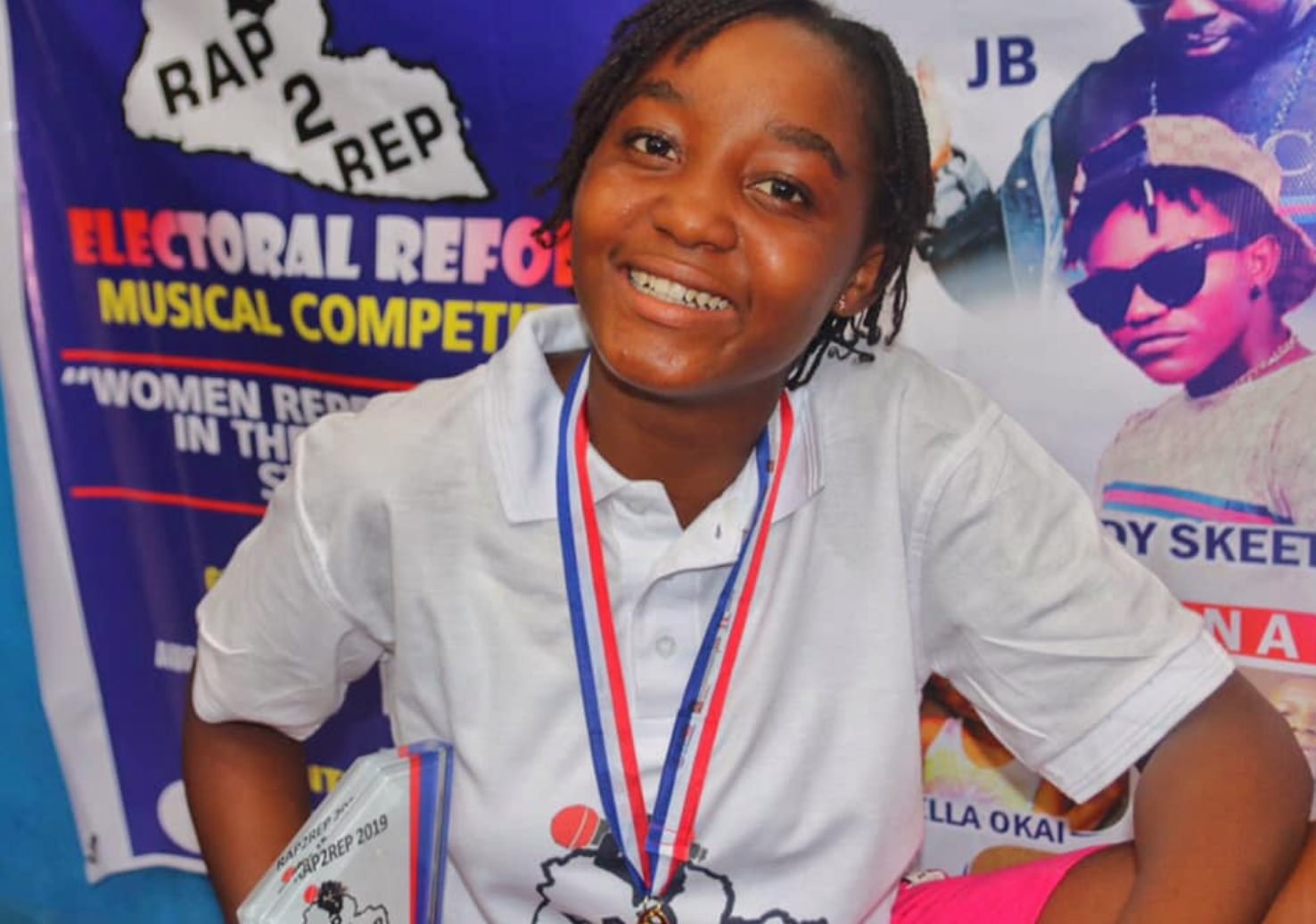NEWS
September 25, 2019

IN BRIEF
“We can all say there is a need to have more women in the electoral process; we want to have more women in leadership; we think women can do better,” said iCampus Manager Luther Jeke. But the question is, how do you get more people to hear what you say? That’s where Rap2Rep, a music competition run in partnership with Accountability Lab and iLab Liberia, comes in. Rap2Rep is a one of a kind competition that provides a platform for performers “to shape the future of the country through song.” It began on a small scale in 2016, and has [...]
SHARE
“We can all say there is a need to have more women in the electoral process; we want to have more women in leadership; we think women can do better,” said iCampus Manager Luther Jeke.
But the question is, how do you get more people to hear what you say?
That’s where Rap2Rep, a music competition run in partnership with Accountability Lab and iLab Liberia, comes in.
Rap2Rep is a one of a kind competition that provides a platform for performers “to shape the future of the country through song.” It began on a small scale in 2016, and has since evolved into a sizable network of musicians, filmmakers, DJs and media professionals advocating and inspiring social change through their artistic skills.
Structured as a talent hunt, the competition connects underground or unknown hipco artists with socially-conscious industry leaders to make great music, and positive impact. Hipco is a well-known musical genre or style that combines local languages and colloquia with rap, R&B and Afrobeat. Rap2Rep offers an extra dynamic – skills to add trending social and political issues to the musical mix. Mentorship sessions and skills training on topics such as social advocacy, stage management, content production and brand marketing, give the up and coming young stars something more to work with.
“We explain the concept and the annual theme, then publicize a call for demos and auditions. This year, over one hundred artists came forward”, Jeke said.
This year’s theme was electoral reform; more specifically, women in the political system.
Interestingly, the theme implies both the fact that increased opportunities for women’s representation is an electoral policy reform; and the idea that, as Jeke put it, if more women are involved in elective leadership, “massive social reforms” are sure to follow.
To read the rest of the article, follow this link.
